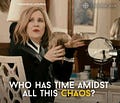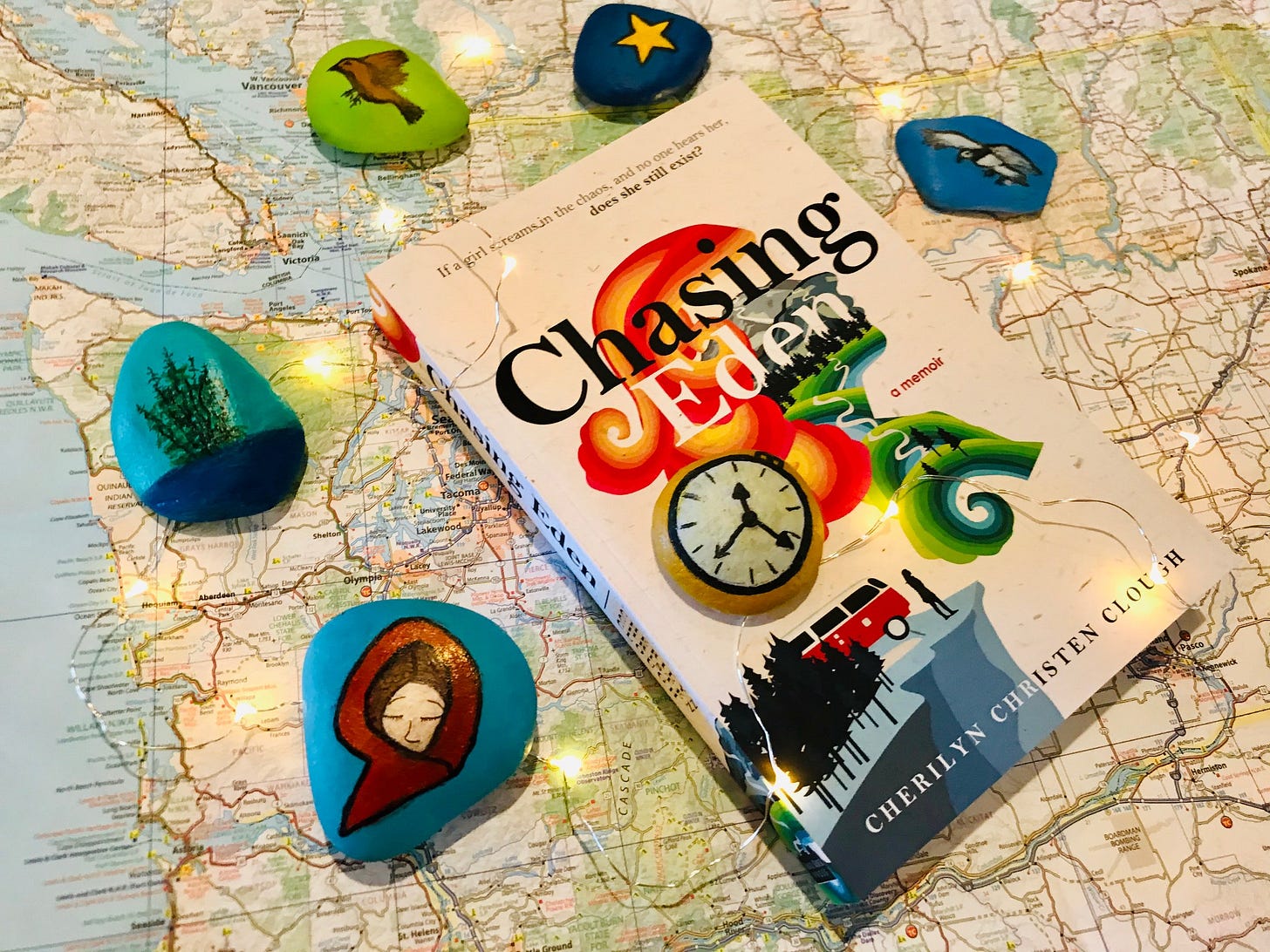Be a Sadist. No matter how sweet and innocent your leading characters, make awful things happen to them in order that the reader may see what they are made of.
-Kurt Vonnegut
Aspiring writers are often given advice to “put your characters through hell” and “show don’t tell.” If you’ve lived with a narcissist, chances are you’ve got some humdinger survival stories. And sometimes in the middle of all the things going on in this world, you might even ask yourself if your messy tales are worth telling.
I will tell you right now that the answer is a resounding “Yes!” That voice in your head saying “Don’t bother,” and the feeling that your life stories are not as important as the struggles of other marginalized people, animal rights, and WWIII, is a trauma response. The only way any civilization survives is to tell its stories. This age of chaos is not the time for you to stop singing, or quit making your art—the world needs your humanity. You give hope to others simply by being human and sharing your messy stories.
The voices that want to censor your voice are most likely an echo from your past—a narcissistic sibling or parent warning you to keep the family secrets. Just don’t.
But once you do get up the courage to tell us what happened to you, how much of a description can you give? Are you worried you might turn off readers by giving too many vivid details of the blood and guts that you’ve survived?
In fiction, we are willing to suspend reality to enjoy a good story. When it comes to writing a memoir, we can’t just make things up and remain credible. Many people write memoirs just to tell their heartbreaking and gory true-life tales.
But when it comes to writing about trauma how much is too much?
I loved Tara Westover’s memoir Educated. I could relate to so many of her childhood experiences such as fanatical parents, isolation, home-schooling, natural remedies, etc. What I found painful was reading about accident after accident where her family members were horribly hurt while the parents who didn’t believe in doctors refused to take their kids to a hospital. I loved the book, but I spent a lot of time grinding my teeth. The payoff came as Tara found her own path in life. It’s a beautiful story and I could appreciate her victories all the more after realizing what she had survived.
Sometimes I’ve bought memoirs that exhausted me due to their very graphic and sad storylines. The difference between Tara Westover’s book and those is that she described beauty along with her pain. Her delight at finding good books, singing and acting with a drama group, and an older brother who showed compassion to her made the traumatic accident stories more palatable.
I’m currently reading Where the Light Fell. I think it’s the most compelling book Phillip Yancey ever wrote. This memoir starts with the death of his father whom he never knew and continues to show the impact on his mother, older brother, and himself.
It’s not just the death of Yancey’s father, but his mother’s fundamentalist Christian beliefs that warped everything in his childhood. It’s amazing that he could remain a believer at all once he escaped the soul-sucking religious group-think and racism that saturated his family, school, and neighborhood.
Many of his stories made me cringe, but reading Yancey’s book gave me a better understanding of who he is and where he came from. He’s not just a well-read Christian author and purveyor of grace, but he’s a survivor of religious abuse. Now, I understand why I’ve enjoyed his books in the past—he’s like me—a doubter, an outlier, who has survived despite abusive religion. I would never know how much we have in common if he hadn’t written this memoir.
Some people, the extra cheerful, always enjoying apple pie, Christians might not tolerate Yancey’s ugly stories—like the time he and a boyhood friend smashed the shells of fourteen turtles. Of course, it made me sick, but it also showed the depravity that comes from dysfunctional religion and mind control and highlights his journey from shame into deconstruction.
I’ll be honest with you, even in my own memoir, I’ve had a couple of reviews where someone said that I was too repetitive in my description of living in the middle of the woods with no water or power. I wrote this way on purpose because I wanted the reader to feel how hard it was to not go to high school or have any friends as a teen while living in the middle of nowhere. I wanted the reader to feel my angst, boredom, and loneliness. Looking back, I might have done better to be more succinct. What writer can say they don’t need improvement?
I’m keeping the criticism in mind as I write my next memoir, but if we cut out all the yucky memories, what is left? A saccharine, polished, tale of nothing? When it comes to stories I prefer sour apples in my apple pie or maybe some lemon meringue. When sweet and sour exist side by side, they please the palate.
Ugly stories belong in memoirs and need to be told. Otherwise, where is the victory in the end? If Phillip Yancey hadn’t written to tell us how his uncle died with a leg full of maggots, we might not appreciate how far he has come to escape his family’s insanity. If Tara Westover hadn’t described her brother putting her head in a toilet, we might not understand why she finally stood up for herself against the parents that supported her abuser.
So if you’re writing a memoir, don’t be afraid to tell your ugly stories—just make sure you add some beauty for contrast to keep your readers from gagging and shutting the book.
Just as truth and story go hand in hand, think of trauma and beauty as book-mates.
Peace and freedom to you!
Cherilyn
PS If you haven’t read my memoir, Chasing Eden you can find it here.







I love your memoir just exactly like it is, and am looking forward to reading the next one!❤️
*Yes* to saying over and over and over that you lived in the woods with no electricity and no running water!--because it kept on happening, over and over and over, and you had to keep processing the trauma of it, over and over and over--all over again!
Sometimes the information isn't in the words themselves, but in the way the words sit together.
You said it right!...and rightly. ;)